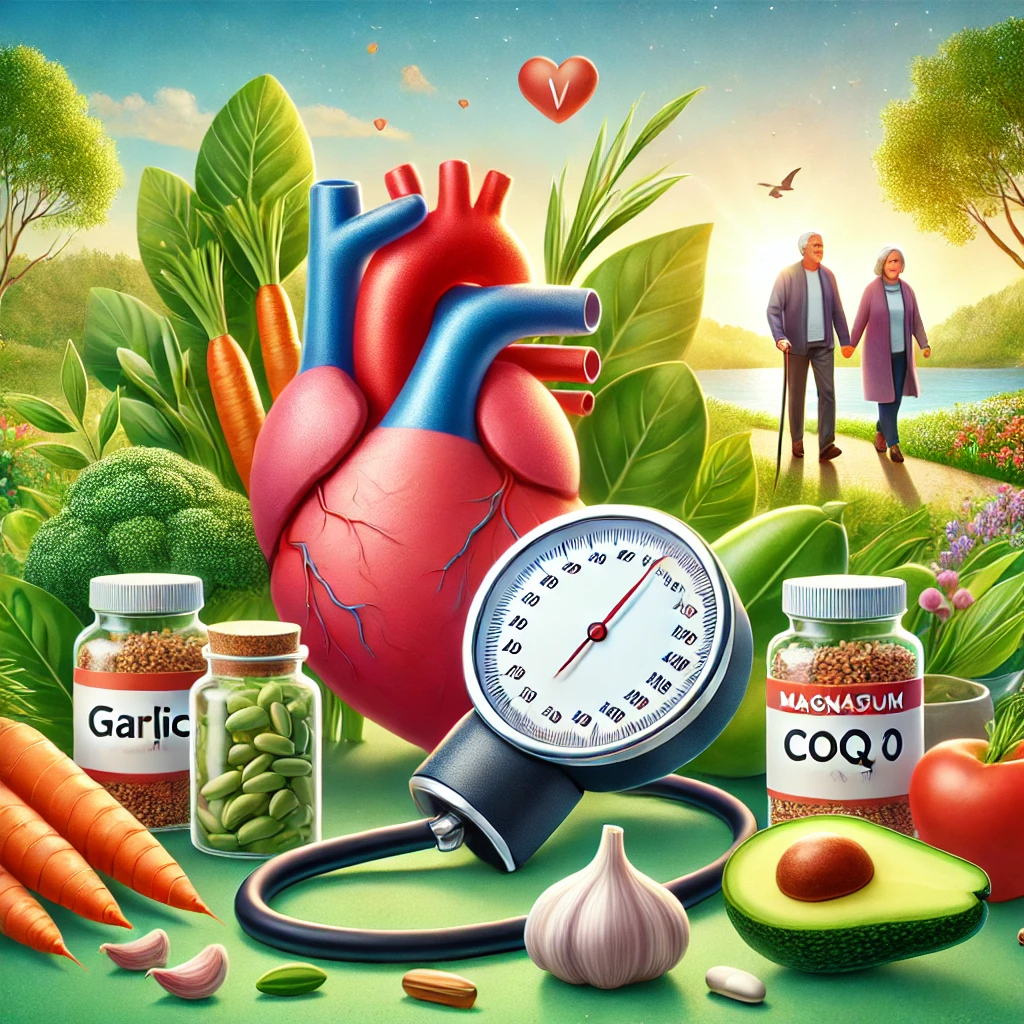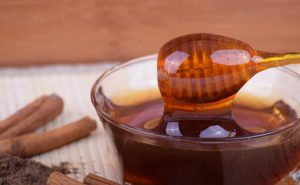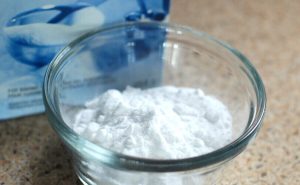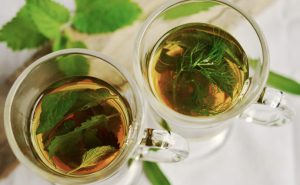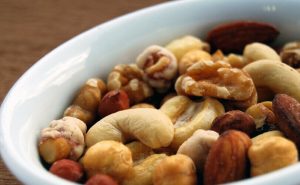What Are the Most Effective Natural Remedies for Hot Flashes?
Several natural therapies exist that alleviate hot flashes. Nevertheless, it is crucial to acknowledge that there is no universally applicable answer, and the effectiveness of a particular approach may vary from person to person. Prior consultation with a medical professional is crucial before attempting any novel therapy since several natural therapies may have adverse interactions with drugs or preexisting health issues.
Natural Therapies for Hot Flashes
Black cohosh is an herbal remedy with a long history of usage in treating various women’s health issues, such as hot flashes. Nevertheless, the efficacy of this approach is substantiated by a scarcity of scientific data.
Black cohosh is a botanical plant. This plant is indigenous to the eastern region of North America and produces flowers. Medicine is derived from the root and rhizome of the plant.
Native Americans have utilized black cohosh for millennia to address various health ailments such as menopausal symptoms, menstrual cramps, and arthritis. Nevertheless, little scientific data substantiates its efficacy for any of these illnesses.
Black cohosh has not received FDA approval as a pharmaceutical treatment for any medical ailment. It is classified as a dietary supplement and is not subject to FDA regulations.
Black cohosh may induce adverse symptoms, including nausea, vomiting, and diarrhea. Prior consultation with your doctor is crucial as it may have interactions with other drugs.
Before using black cohosh, it is imperative to consult with your physician. They can assist you in assessing its suitability and guide the appropriate dosage to ensure safety.
Soy
Soy is a rich source of phytoestrogens, bioactive chemicals found in plants that can mimic the effects of estrogen. Several research studies have indicated that soy supplements may alleviate hot flashes, whereas contrasting findings have failed to demonstrate any beneficial effects.
The quantity of phytoestrogens present in soy products varies based on the specific product type and how it is processed. For instance, fermented soy products, such as tempeh and miso, generally have elevated amounts of phytoestrogens compared to unfermented goods, such as tofu and edamame.
The ongoing research is focused on investigating the possible health advantages of soy phytoestrogens. Several studies have indicated that they might potentially mitigate the likelihood of developing breast cancer, heart disease, and osteoporosis. Nevertheless, further investigation is required to validate these discoveries.
Before increasing your phytoestrogen intake by consuming more soy products, it is crucial to consult with your doctor. They can assist you in assessing its suitability for you and provide guidance on the appropriate dosage to eat.
Below are a few soy-based foods that serve as excellent sources of phytoestrogens:
Tempeh, miso, tofu, and edamame.
Plant-based milk made from soybeans
Yogurt made with soy
Soy flour Soy sauce
It is crucial to acknowledge that soy isoflavones have the potential to interact with specific drugs. Therefore, it is imperative to consult with your doctor if you are already on any medications before considering an increase in your consumption of soy products.
Plant Based
Flaxseed is a rich source of lignans, plant components known for their antioxidant and anti-inflammatory qualities. Several studies have indicated that flaxseed may alleviate hot flashes. However, further investigation is required.
Ginger: Ginger is a spice known for its anti-inflammatory and antioxidant qualities. Several studies have indicated that ginger may alleviate hot flashes. However, further study is required.
Valerian root is an herbal solution with a history of usage in treating anxiety and sleeplessness. Several studies have indicated that valerian root may alleviate hot flashes. However, further investigation is required.
Chamomile: Chamomile is an ancient herb well-known for its medicinal properties in alleviating many health issues, such as anxiety and sleeplessness. Several studies have indicated that chamomile can alleviate hot flashes. However, further investigation is required.
Lemon balm, a plant with a long history of use, alleviates anxiety and sleeplessness. Several studies have indicated that lemon balm may alleviate hot flashes. However, further study is required.
Hibiscus: A perennial plant known for its vibrant flowers, hibiscus has a long history of being utilized in traditional medicine to address various health conditions, such as hypertension and cardiovascular ailments. Several studies have indicated that hibiscus may alleviate hot flashes. However, further study is required to confirm these findings.
Before using any natural cures for hot flashes, it is crucial to consult with your physician. They can assist you in assessing the suitability of a specific treatment for your condition and may guide you on adequately administering such remedy to ensure your safety.
Lifestyle Modifications
Maintain a low body temperature: Refrain from consuming hot beverages and meals, and wear many layers of clothes to allow for easy adjustment according to your comfort level.
Engage in regular physical activity: Exercise is crucial in maintaining body temperature regulation.
Ensure sufficient sleep: Adequate rest reduces the likelihood of experiencing hot flashes.
Stress management: Stress may act as a catalyst for hot flashes. Discover strategies for effectively coping with stress, such as engaging in yoga, practicing meditation, or engaging in deep breathing exercises.
Consulting with your doctor is crucial if you encounter sudden and intense heat sensations, commonly known as hot flashes. They can assist you in determining the optimal course of therapy for your condition.



